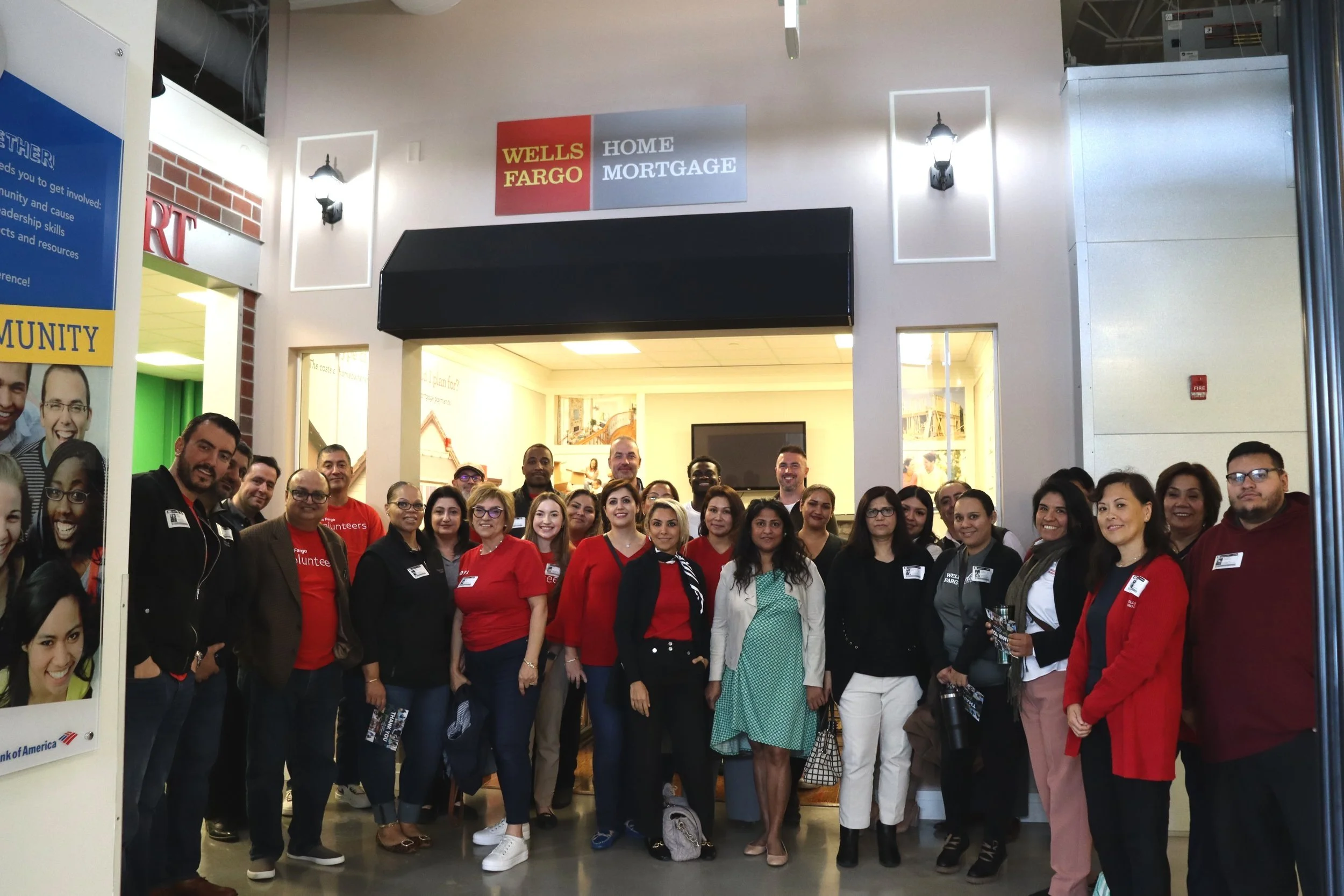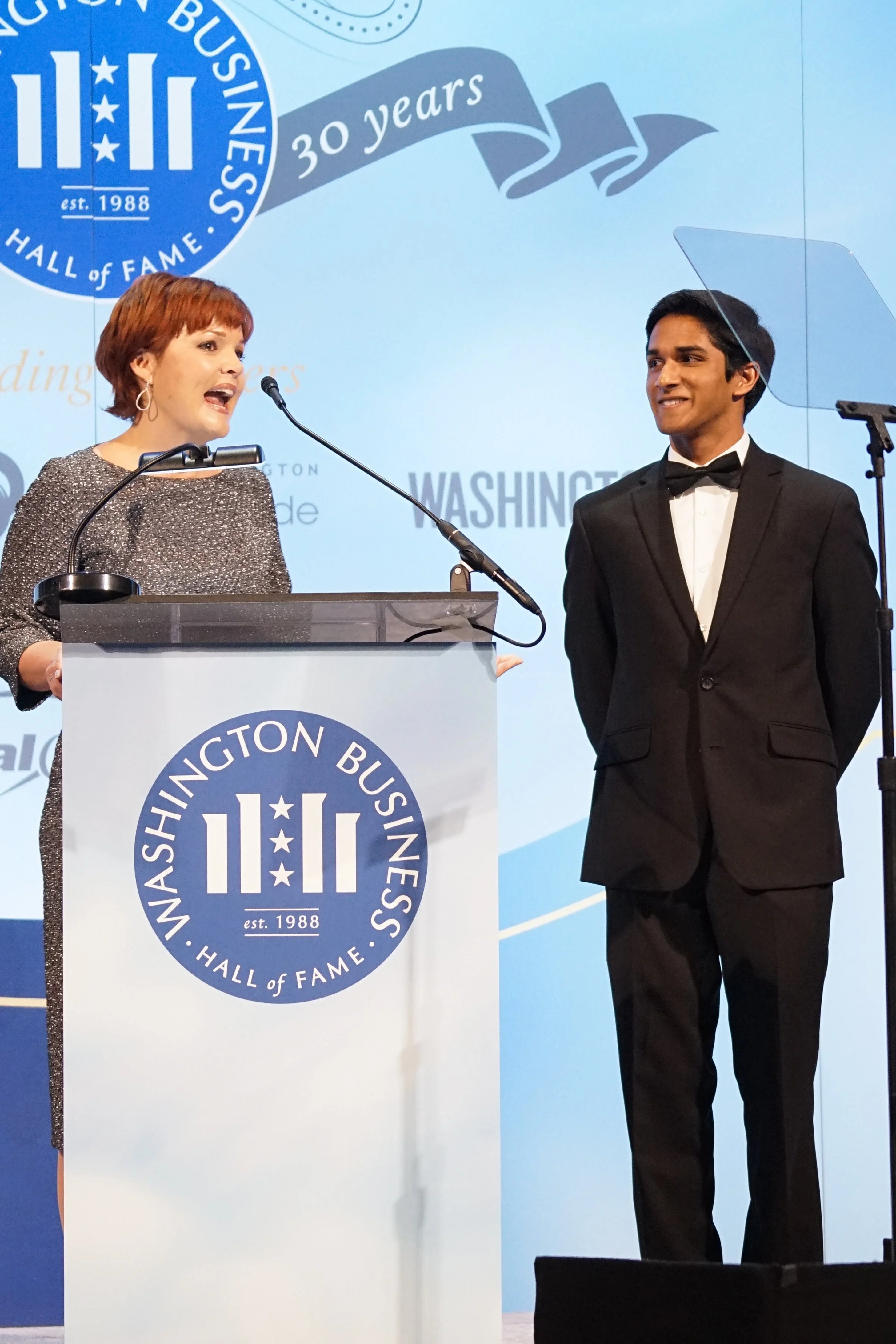Washington D.C. – As Junior Achievement of Greater Washington (JA) marks its 60th anniversary, we are proud to announce Cassius and Jacqulyn Priestly as the 2025 Event Chairs, bringing their leadership, expertise, and commitment to community impact to this distinguished celebration.
Washington Business Hall of Fame Announces 2025 Laureate Class
The Washington Business Hall of Fame proudly announces its 2025 Laureate Class. Laureates are chosen for their sustained excellence and visionary leadership, which elevate the quality of life and inspire future leaders in Greater Washington. Representing Greater Washington’s signature lifetime business achievement award, nearly 200 leaders have received this prestigious designation since its founding in 1988.
More Teens are Participating in Financial Literacy Courses, but Gaps in Learning Evident, According to New Survey
42% of teens are “terrified” they won’t have enough money for the future
Washington D.C. – A new study of teens ages 13-18 conducted by Junior Achievement and MissionSquare Retirement's Foundation reveals that more high school students are being offered financial literacy courses, yet significant knowledge gaps in the curriculum must be filled to help the nation’s youth prepare for their futures.
Celebrating the Best in Business: the 2024 Washington Business Hall of Fame
$1.6M raised, 800 guests and four new Laureates
Yesterday, the Washington Business Hall of Fame – Greater Washington's signature lifetime achievement award in business – welcomed its 2024 class of Laureates during a gala held at The Anthem. The Washington Business Hall of Fame (Hall of Fame) recognizes the achievements of Greater Washington’s most accomplished leaders and celebrates their impact on the local economy, surrounding communities, and overall quality of life.










